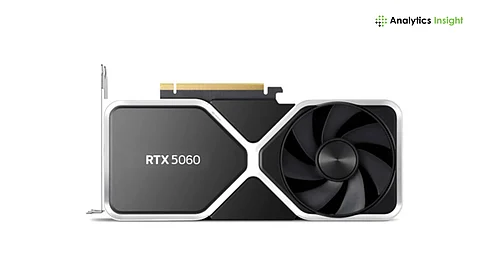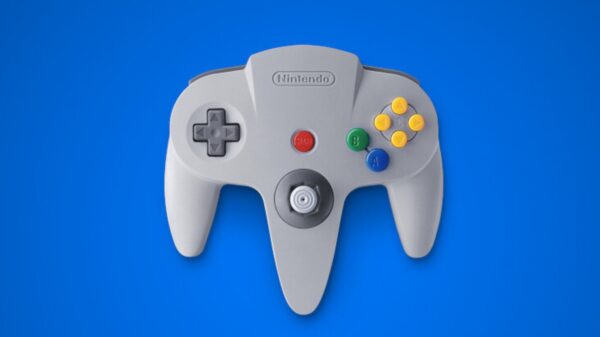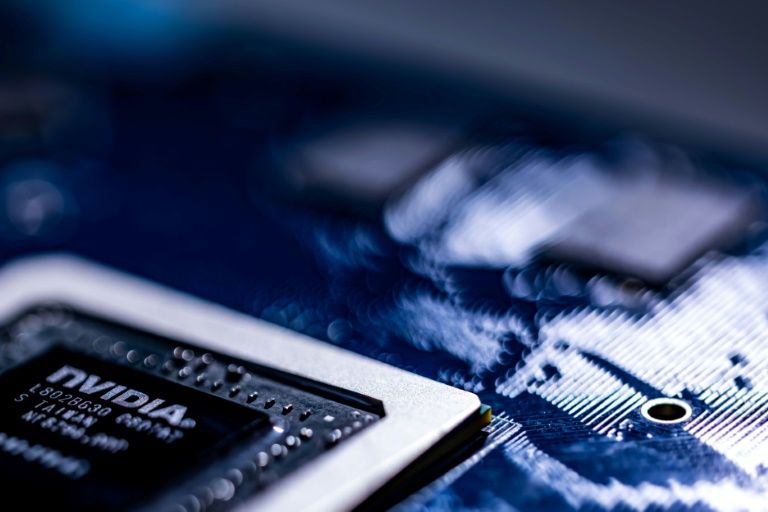UPDATE: The competition to challenge Nvidia’s dominance in the artificial intelligence (AI) chip market is heating up as major tech players scramble to close the gap. With Nvidia currently holding an impressive 80 percent market share, competitors are ramping up efforts to introduce their own chip innovations.
In a significant move, Google and Amazon Web Services (AWS) have begun to make substantial inroads with their proprietary processors, the Tensor Processing Unit (TPU) and Trainium, respectively. These companies now account for more than 10 percent of the market, recently surpassing AMD in key performance metrics. According to Jordan Nanos of SemiAnalysis, these advancements in “performance, pricing, usability, reliability, and production capability” position Google and AWS as serious contenders against Nvidia.
Nvidia’s lead is bolstered by its unique business model, which extends beyond chip design to include a comprehensive infrastructure that integrates networking and software. This multifaceted approach has been described by Dylan Patel of SemiAnalysis as “a three-headed dragon,” showcasing Nvidia’s ability to satisfy diverse data center needs.
However, AMD, long considered Nvidia’s closest rival, is facing challenges in diversifying its revenue away from CPU sales. Jon Peddie of Jon Peddie Research emphasizes that AMD’s focus on its profitable CPU market limits its ability to compete effectively in the GPU space.
Meanwhile, China is also emerging as a potential competitor, despite being hampered by U.S. export restrictions on advanced chips. Huawei is noted as a credible challenger, with Baidu and Alibaba following suit in developing domestic AI processors. However, experts indicate that Chinese manufacturers may struggle to match Nvidia’s technological sophistication in the near term.
Amid these developments, Nvidia continues to innovate at an impressive pace. Just last month, the company announced plans to commercialize its next-generation chip, Rubin, by late 2026, boasting AI performance estimated at 7.5 times that of its current flagship product, Blackwell. This relentless drive for innovation makes it difficult for competitors to catch up.
Analysts, including John Belton from Gabelli Funds, affirm that Nvidia underpins the majority of AI applications today, maintaining a significant lead in the sector. As the AI chip landscape evolves, the emphasis remains on delivering cutting-edge technology that meets the growing demands of the industry.
As the situation develops, all eyes will be on how rival companies will respond to Nvidia’s continued dominance and what new innovations may emerge in this rapidly changing market. Stay tuned for further updates on this critical technology battle.








































































